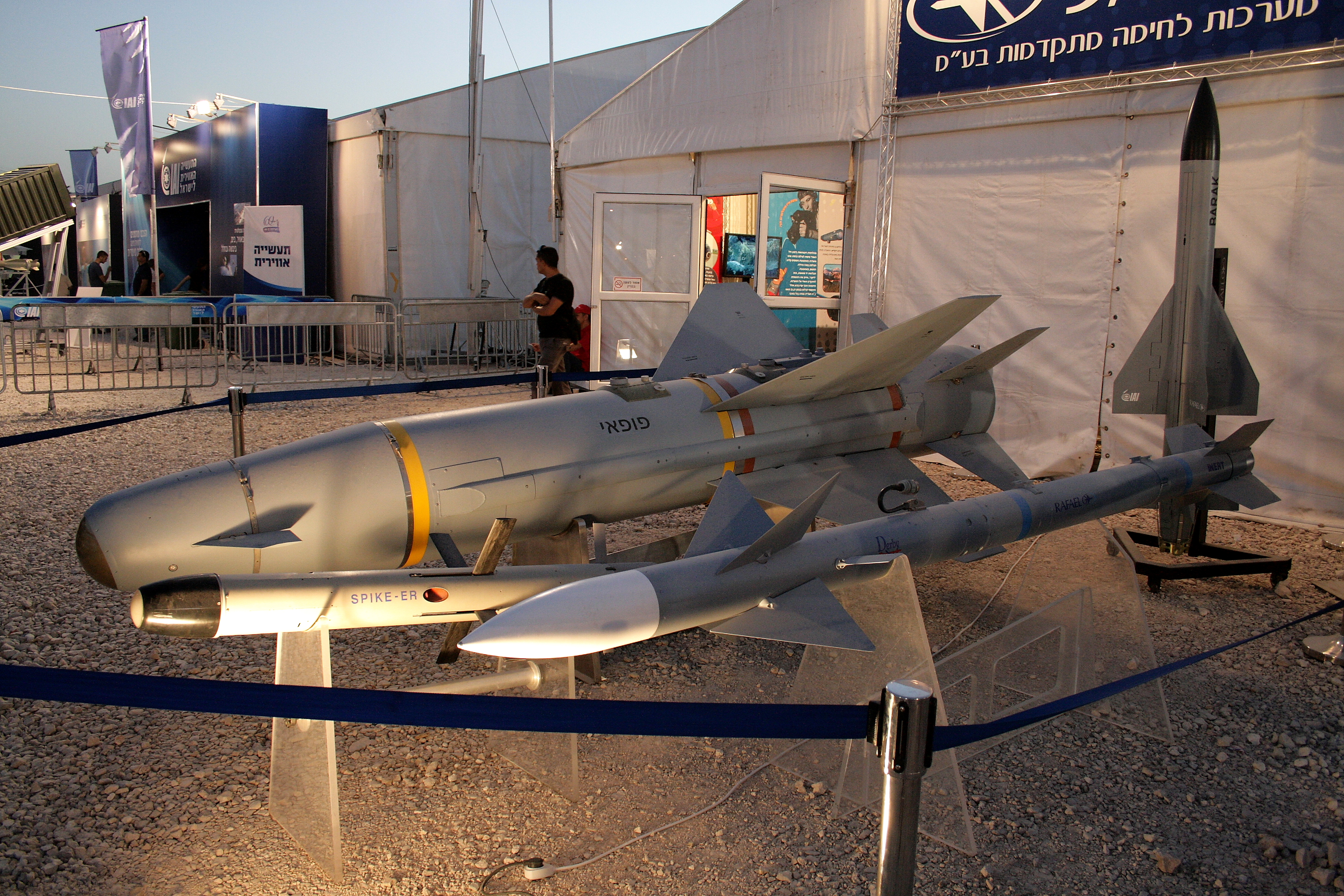Missiles from Yemen Target Israel, Defense Destroys
By Asmita - Sep 03, 2025
Yemen's Houthi rebels have escalated missile attacks on Israel, targeting key locations like Ben Gurion Airport. Israeli defense forces activated air raid sirens, but intercepted the missiles with their advanced defense systems. The conflict reflects broader regional tensions, with the Houthis aligning with Iran and Israel responding to attacks in Gaza and Yemen. Israel's multilayered defense network, including Iron Dome and Arrow missile systems, has been crucial in safeguarding against threats from Yemen and Iran-backed groups.

Israel's missile via Wikimedia commons
Yemen's Houthi rebels have intensified their missile attacks on Israel, marking a significant escalation in regional tensions amid the ongoing conflict involving Gaza. The latest attacks involved the launch of ballistic missiles aimed at key Israeli locations, such as the Ben Gurion Airport near Tel Aviv, and northern regions, signaling the rebels' determination to support Palestinians against Israel. Israeli defense forces promptly activated air raid sirens across central Israel, warning residents of incoming threats. Despite the missile launches, Israel's air defense systems successfully intercepted these attacks, preventing casualties and major damage. The Houthis claimed that their missile and drone strikes were deliberate retaliations to Israeli actions in Gaza and expressed their resolve to continue targeting Israeli territory.
The missile interceptions were chiefly carried out by Israel's multilayered air defense network, which includes the Iron Dome, David's Sling, and Arrow missile systems. The Iron Dome system, operational since 2011, is highly effective against short-range rockets and drones, having intercepted thousands of projectiles since its deployment. For medium to long-range missile threats, the David's Sling and Arrow systems provide extended coverage, capable of destroying enemy missiles before they can penetrate Israeli airspace. These systems use advanced radar and missile technology to track and neutralize incoming threats at various altitudes. The latest intercepted missile, reportedly launched by Houthi forces from Yemen, was destroyed mid-air before it could enter Israeli territory, with remnants falling near the Saudi border. This multilayered defense capability has been crucial in maintaining Israeli safety amid repeated missile barrages from Yemen and Iran-backed groups.
The broader geopolitical context underscores the complexity of the conflict. The Houthis, an Iran-supported rebel group controlling large parts of Yemen, have increasingly aligned their military efforts with Iran’s strategic interests in the region. In retaliation for Israeli military operations in Gaza and strikes inside Yemen, the Houthis have deployed missile and drone attacks against Israel, including targeting shipping routes in the Red Sea and sensitive infrastructure. Israel has responded with airstrikes on Houthi positions within Yemen, notably striking the capital Sanaa and other strategic locations to weaken the group's capabilities. Despite several missile attempts, Israeli air defenses have largely succeeded, though recently the Houthis claimed that one missile caused panic and fear in northern Israel before interceptors engaged.
These missile engagements between Yemen's Houthis and Israel are part of a larger pattern of regional conflict involving Iran's growing influence and Israel's defensive and offensive military responses. The tension has drawn international attention due to the risk of wider escalation, especially with ongoing peace efforts and ceasefire negotiations in neighboring areas. Israel remains vigilant, maintaining high readiness levels of its air defense systems, while continuing to monitor and respond to missile threats originating from Yemen and other fronts. The conflict highlights the ongoing challenge Israel faces in safeguarding its population from sophisticated missile attacks backed by regional adversaries. As the situation develops, the effectiveness of Israel's defense capabilities remains a critical factor in preventing casualties and limiting damage from these hostile acts.


